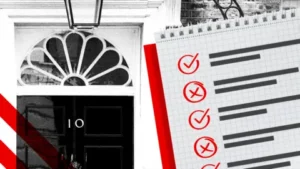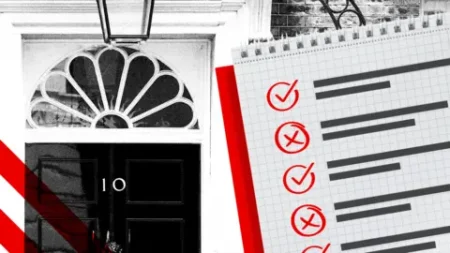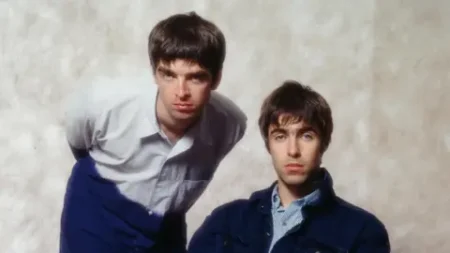In a dramatic twist during the second round of the Wimbledon Championships, American tennis player Ben Shelton found himself in a frustrating predicament as play was abruptly suspended due to insufficient light, just as he was about to serve for match victory. The match against fellow player Rinky Hijikata was poised for a swift conclusion, having already navigated through the first two sets with scores of 6-2 and 7-5 in his favor. This put the tenth-seeded Shelton in a commanding position, leading 5-4 in the third set, tantalizingly close to advancing without much delay.
The incident occurred as evening descended on Wimbledon, with the clock inching closer to 21:30. The umpire officiating the match on Court Two announced that no further play would take place that evening. This call was met with visible anger from Shelton, who could hardly mask his disappointment. Notably, this decision meant he would be required to return on Friday to finish the last game, potentially losing out on a much-needed rest day between matches, which is a significant disadvantage in the high-pressure environment of Grand Slam tournaments.
Shelton’s vexation was palpable, especially following a tense moment just prior to the suspension, where he lost three match points while attempting to break Hijikata’s serve. Adding to his irritation was the fact that he had requested officials to consider ending play before the beginning of the third set, which highlighted his awareness of the worsening light conditions. It’s a situation that many athletes find particularly exasperating, especially when the momentum is in their favor.
As the news made waves across various media platforms, the incident raised questions regarding the scheduling and management of matches in prestigious tournaments like Wimbledon. Players often prepare meticulously for their matches, and interruptions can significantly disrupt their rhythm and mental focus. The suspension of play based on lighting is not uncommon, but the particular timing in Shelton’s case—a moment when he was about to seal victory—heightened the drama of the situation. Given that this year’s tournament has already seen its fair share of unpredictable weather and other delays, this incident was another reminder of the elements at play in professional sports.
The timing of the announcement left Shelton stewing in frustration, with images of him questioning officials circulating online. Such scenes are not frequent; however, they remind tennis fans about the delicate balance between the rigid structure of tournament play and the unpredictable nature of sporting conditions. Additionally, this situation emphasizes the unique emotional side of sports, where athletes pour their hearts into each match and are often left at the mercy of factors beyond their control.
With Shelton being only 22 years old and a two-time Grand Slam semi-finalist, the incident could serve as both a learning experience and a chance for growth in his burgeoning career. While he must now return to complete just one game, the resilience test will be whether he can refocus and channel his energy effectively for potential victory.
The tennis community awaits the conclusion of this gripping match, pondering the broader implications for Shelton’s journey in the tournament and what adjustments might be made regarding match scheduling in the future. For now, the spotlight remains on Shelton as he prepares mentally and physically for the final push that could solidify his place in the next round of one of the sport’s most revered venues.










